ODE is a sustainable label celebrating ancient embroidery and craft
‘It’s an ode to the artisans, their heritage, craft, and an ode to the hands,’ says ODE founder Larissa Von Planta, whose label sees upcycled vintage garments adorned with centuries-old embroidery from craftspeople in the Middle East
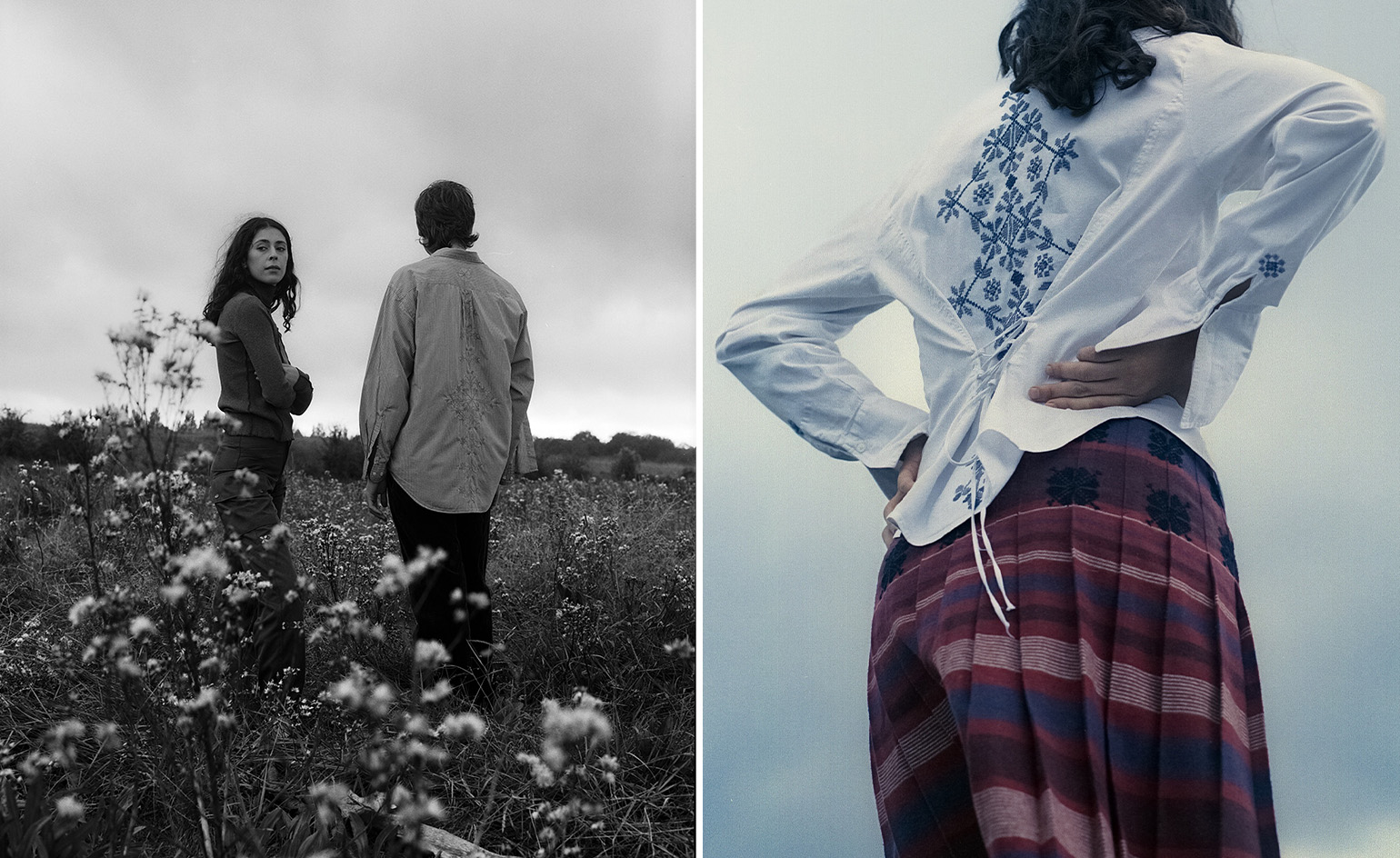
‘In a way it has been very organic,’ says Larissa Von Planta, founder of Ode, a social enterprise that aims to elevate sustainable luxury by centring the upcycling of garments around ancient artisanal practices. Explaining her initial fascination with vintage clothing and its infinite possibilities, she says, ‘Whilst I was at Central Saint Martin’s studying womenswear, I already started working with clothes that I had at home; first of all because it made sense financially, but also because even then, I felt I should work with stuff that we already have.’
ODE: sustainable luxury meets ancient craft
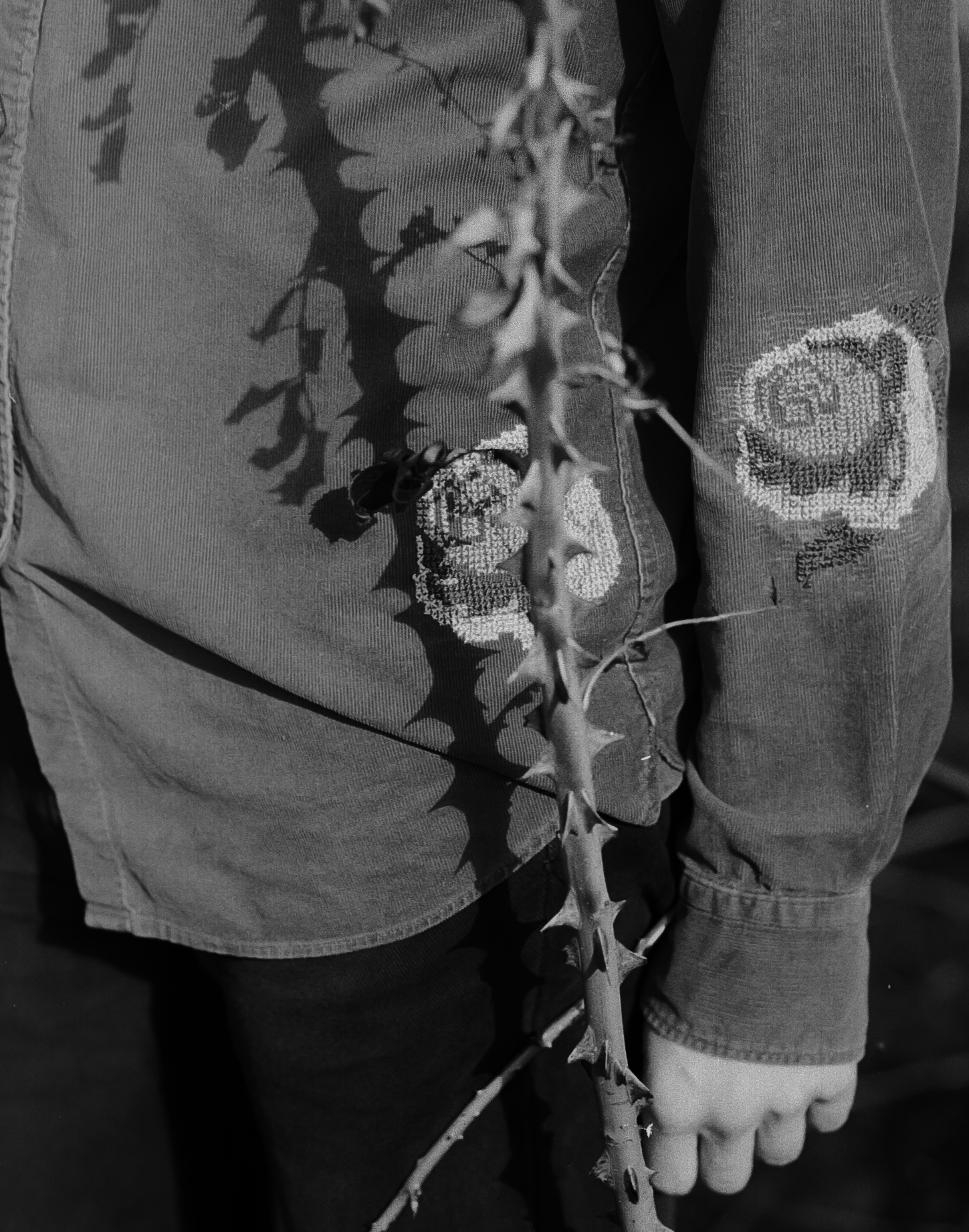
For her placement year, Von Planta was invited to Beirut by Rym Beydoun to intern at her own newly launched brand Super Yaya, and it was during this time that she encountered the distinct aesthetic sensibilities of the Levantine region: ‘I was completely captivated by the couture, music, architecture and interiors as it all had such a strong identity.’ Initially working as an eponymous brand, LVPx, with the ‘x’ alluding to her spirit of collaboration, Von Planta launched ODE as a means of fusing her passion for circularity and repurposing of older garments with her desire to celebrate the extraordinary and centuries-old embroidery traditions of Lebanon, Syria and Palestine. Partnering with Jana Studio, a women’s embroidery collective led by Fatima Khalife, based in the suburbs of Beirut, has allowed Von Planta to expand her thesis into a fully realised social enterprise with a team of women embroiders from these countries making up the workforce.
The culturally distinct geometric embroidery has found its way onto shirts, coats, kilts and trousers – a far cry from the wedding gowns and abayas that the embroidery traditionally appears on. ‘I want to get as many pieces to the embroiderers as possible, so they earn more,’ she says. Whilst seminal exhibitions such as ‘Material Power’ (currently on show at the Whitworth Museum in Manchester, UK), inspire and inform her work, she remains resolute in her expansive approach: ‘One client said, “Here’s a coat, do whatever, I just want it to be my friend afterwards!” Another brought in an insane Lanvin suit, and said, “Could I have piano keys all the way up the sleeves?” because her son is a pianist, and that worked because they are geometric shapes.’
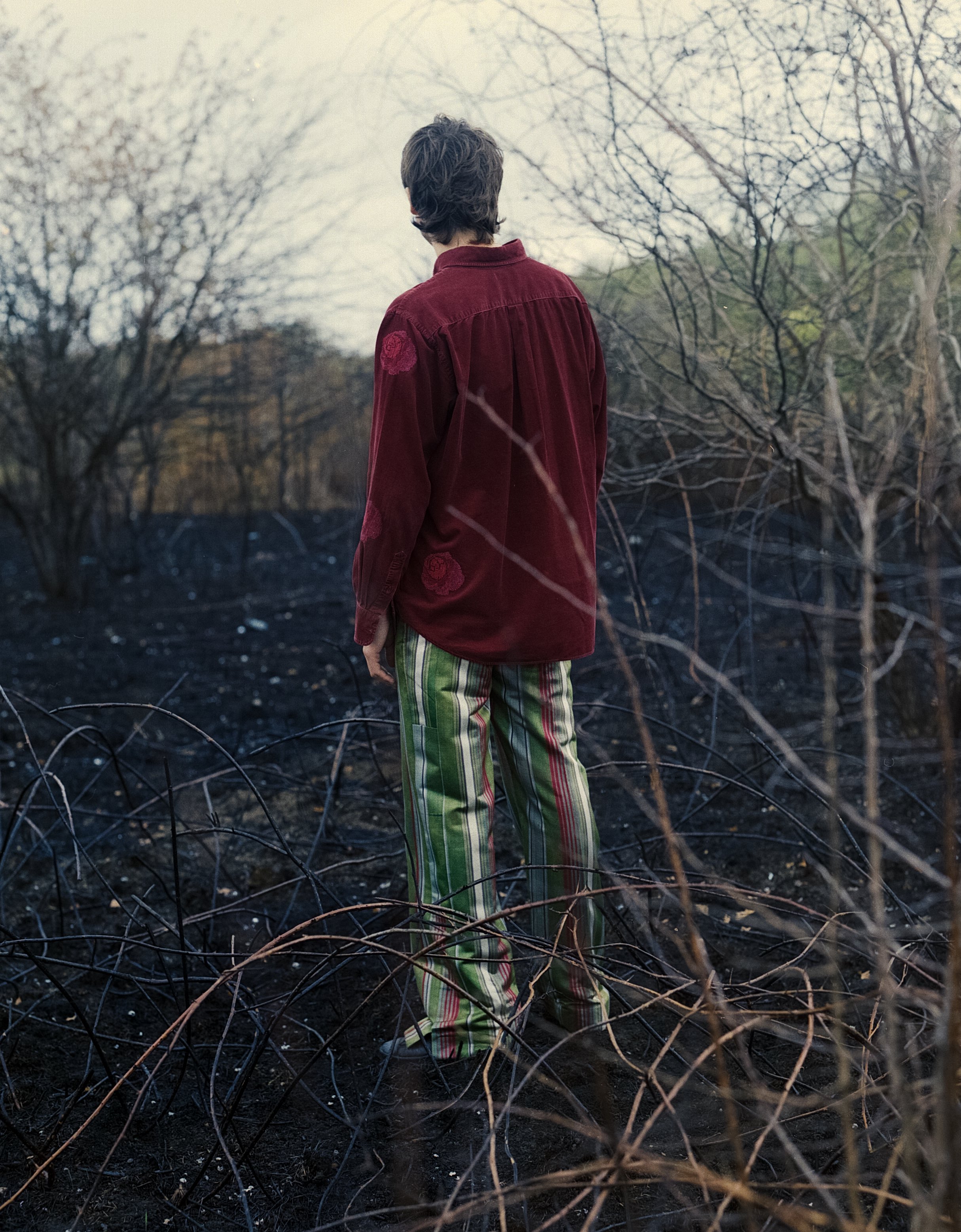
Von Planta’s insistence that the team at Studio Jana are fully part of the co-creating process is further illustrative of her desire to centre craft and the women behind it in the process. ’If the client specifies, we may say the colours and placement, but the women choose the motif because it is their heritage so that creative freedom is up to them.’
Clients drop off old pieces at her London atelier to undergo a couture-worthy transformation in Beirut throughout the year, with a parcel of garments being sent three times a year. Von Planta also offers curated collections online featuring pieces of her own design. ‘I started it to ensure the embroiderers had work in between the drop-offs, and also to capture all markets.’ For those new to the concept of shopping with circularity in mind, her collections are a beguiling window of what is possible and Von Planta is keen to upend notions of vintage clothes reimagined being a poor relation to what is currently filling our wardrobes: ’The quality of these older fabrics, is far superior because of the way they used to be spun; they would use way more yarn and this adds a greater sense of luxury.’ And finally, the added factor of the human touch and connection. ‘We called the brand ODE because I see it as an ode to the artisans, their heritage, craft, and an ode to the hands, I am quite moved by hands, touch and slow work, especially nowadays.’
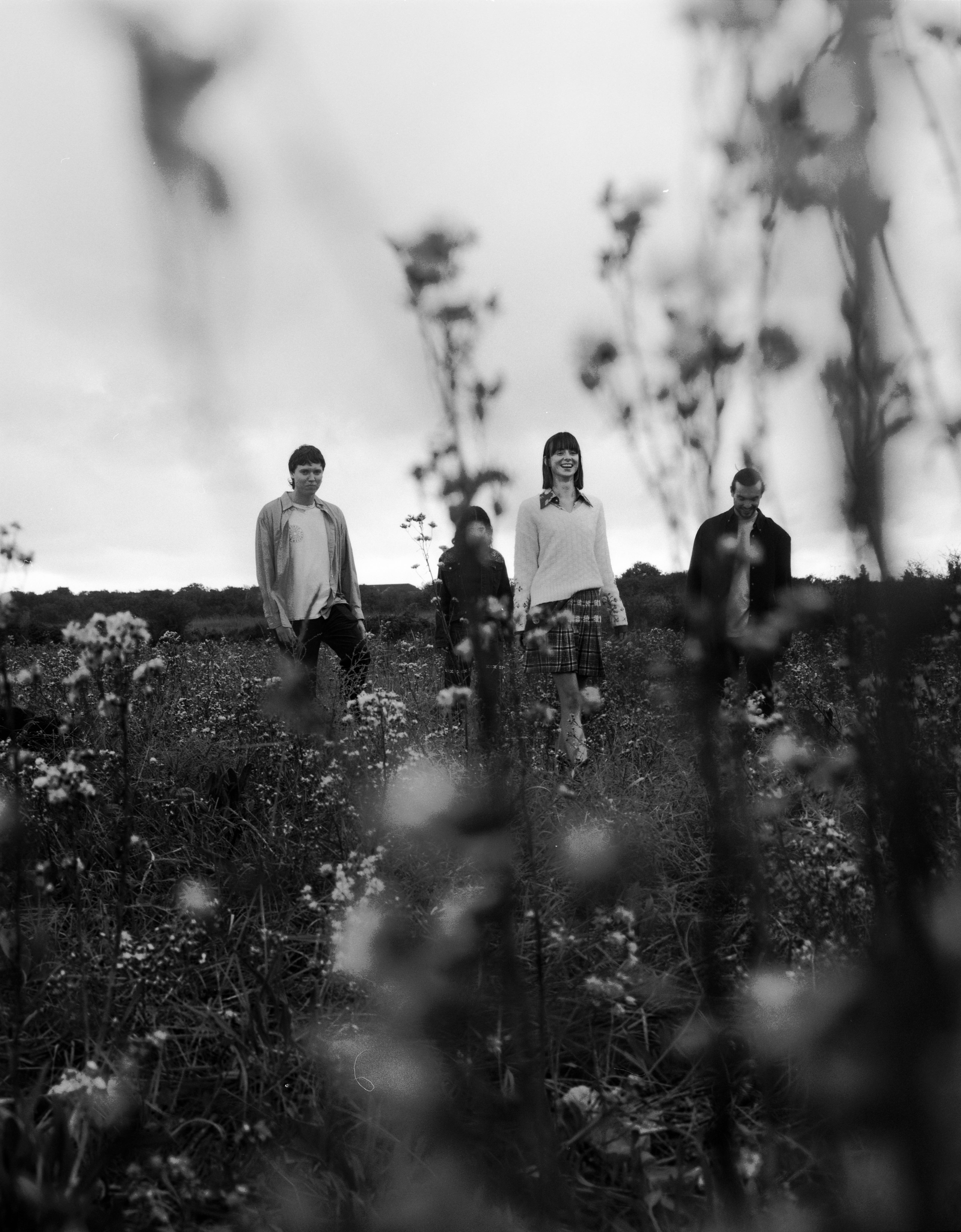
In light of the realities of the climate emergency, fashion has been forced to contend with reconfiguring both its model and principles, and in many ways, ODE is an example of how future brands might best be built. ‘I feel we can provide a solution, we have worked with a couple of businesses, reworking stock they haven’t sold which is beautiful and perfect and adding the embroidery so they can resell it,’ Von Planta says. Furthermore, the embroiderers themselves are a poignant reminder that fashion and beauty can be age-agnostic and equitable with intergenerational custodianship that isn’t governed by trend and an insatiable desire for the new. Conscious consumption, human-scale production, and giving people the space to appreciate and understand other cultures, one stitch at a time, are foundations worth cherishing, and in the case of ODE, create clothes worth keeping.
ODE is available to order on the brand’s website below.
Wallpaper* Newsletter
Receive our daily digest of inspiration, escapism and design stories from around the world direct to your inbox.
Mazzi Odu is a Ugandan-British writer, editor and cultural consultant based in Lagos, Nigeria. Her work focuses on jewellery, design, fashion and art. An alumna of the London School of Economics and Political Science, she has profiled a cross section of leading design talents and creative voices, with a special emphasis on those from the Global South and its Diaspora communities.
-
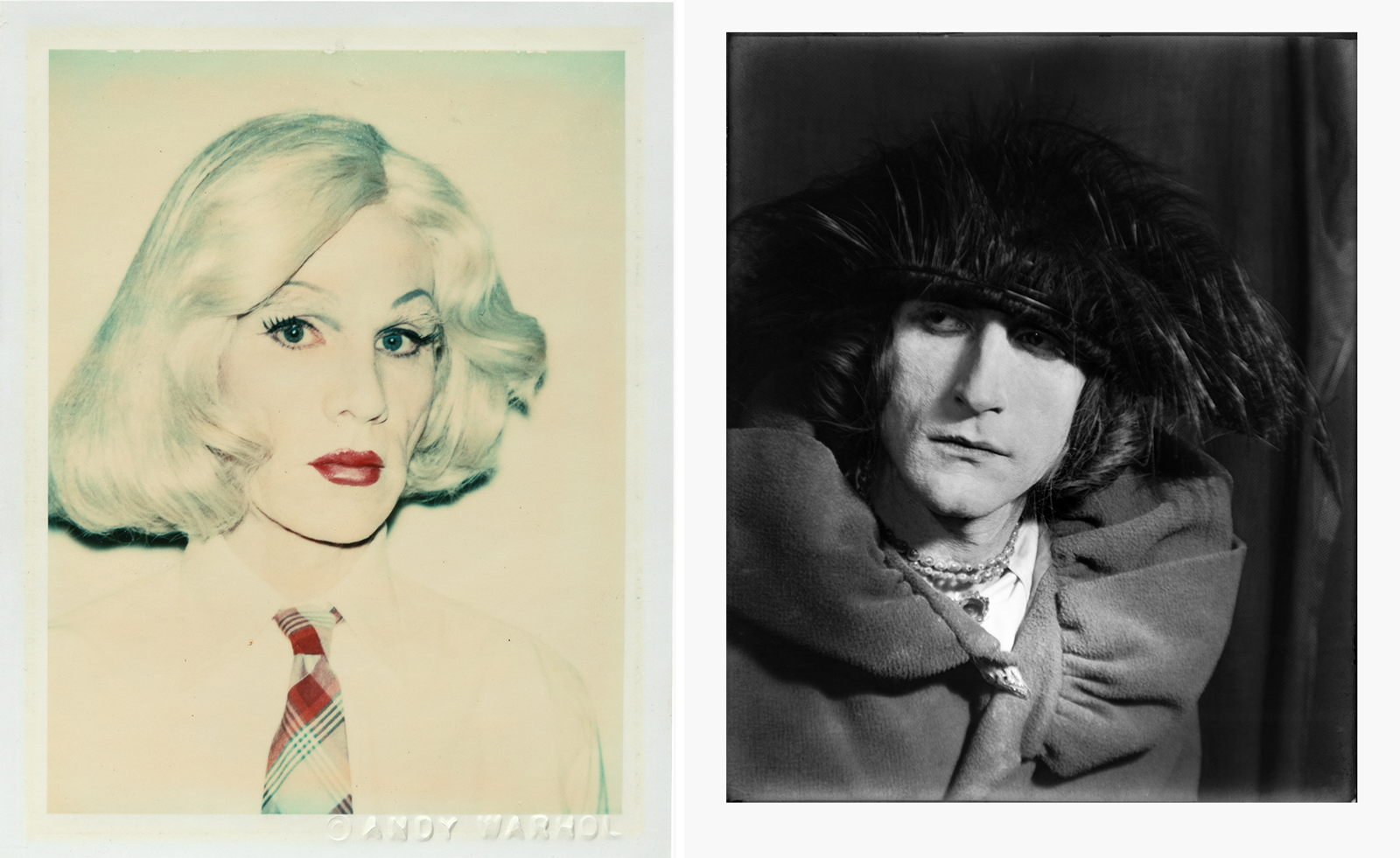 From Rembrandt to Warhol, a Paris exhibition asks: what do artists wear?
From Rembrandt to Warhol, a Paris exhibition asks: what do artists wear?‘The Art of Dressing – Dressing like an Artist’ at Musée du Louvre-Lens inspects the sartorial choices of artists
By Upasana Das
-
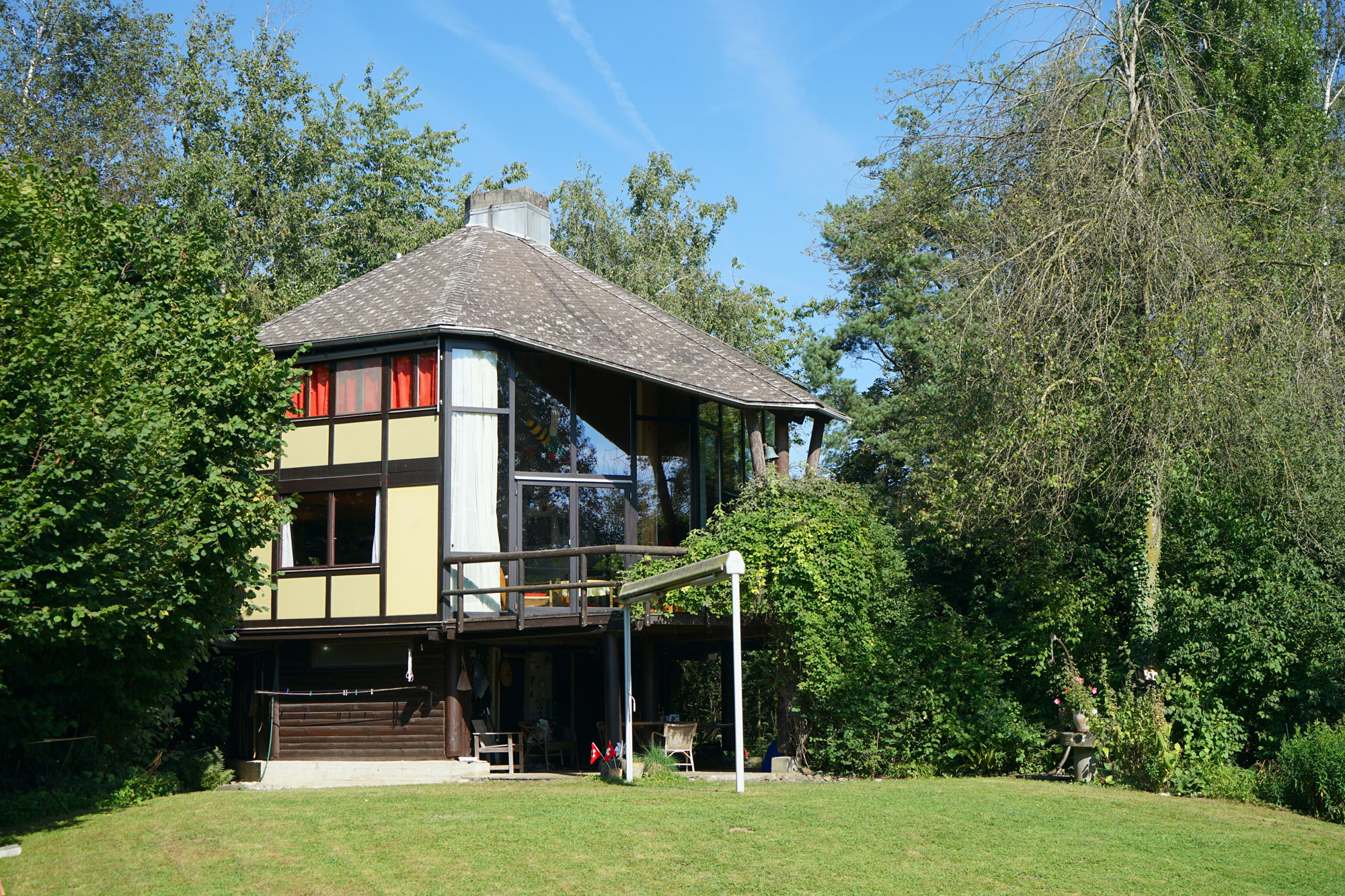 Meet Lisbeth Sachs, the lesser known Swiss modernist architect
Meet Lisbeth Sachs, the lesser known Swiss modernist architectPioneering Lisbeth Sachs is the Swiss architect behind the inspiration for creative collective Annexe’s reimagining of the Swiss pavilion for the Venice Architecture Biennale 2025
By Adam Štěch
-
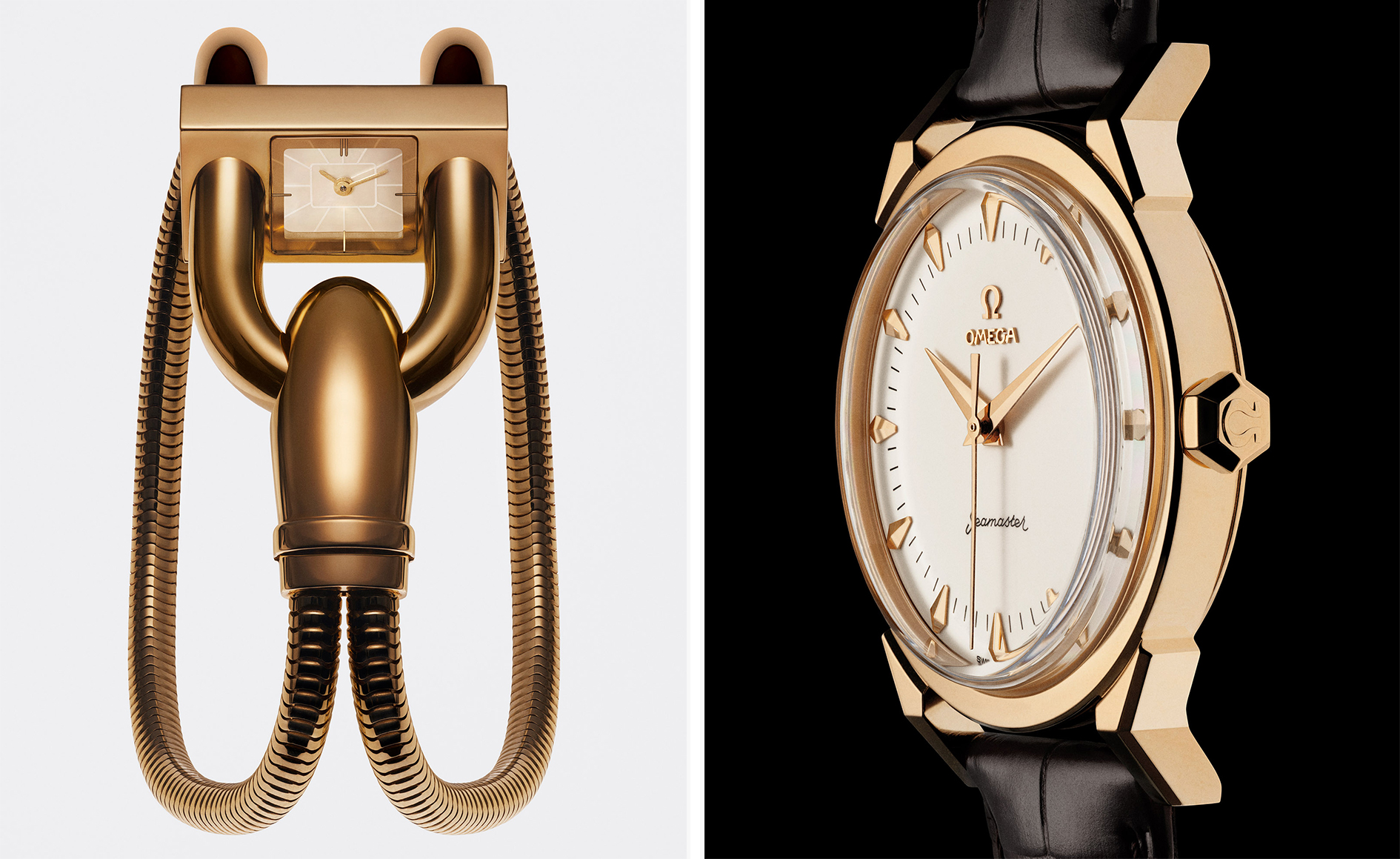 A stripped-back elegance defines these timeless watch designs
A stripped-back elegance defines these timeless watch designsWatches from Cartier, Van Cleef & Arpels, Rolex and more speak to universal design codes
By Hannah Silver